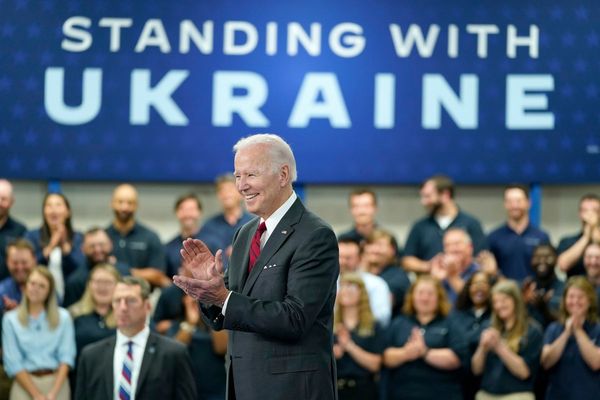/global%20technology%20internet%20globalization.jpg)
When I first dipped my toes into trading back in the '90s, I quickly realized the profound influence global events, particularly international conflicts, have on market movements. History repeatedly illustrates that geopolitics plays a pivotal role in shaping market sentiment and driving investment strategies. Now, while the immediate reaction might be panic-selling or apprehension, international disputes often offer the shrewd trader some golden opportunities. Let's break this down.
Understanding the Geopolitical Ripple EffectYou don't have to go far back to see the tremors that global conflicts send through financial markets. Remember the shockwaves during the Gulf War? Or how about the more recent trade tensions between the U.S. and China? Markets don’t exist in isolation. When two countries are at odds, it’s not just their economies that feel the pressure, but global markets tend to respond, sometimes dramatically. Do you remember what happened to the US equity markets on 9/11? What about the Iraq war? When the US stock markets reopened after the September 11th attacks, they gapped down and sold off nearly 13% over the next 5 days. Then they rebounded and rallied up 25% in the next 3 months. The same thing happened when the US invaded Iraq. It was a quick market selloff of 3.3%, followed by a 3-month rally of 21%. While there is typically a panic selloff, markets rebound due to the fact that conflict increases demand for goods and services. The current conflict between Israel and Hamas, threatens to bring on other countries including the US, Iran, Lebanon, and several others. Since the horrific situation began unfolding in Gaza, US markets have been stable and slightly up. This may change if the US openly enters the conflict.
Sector-Specific ImpactThe first step is identifying which sectors stand to gain or lose from the conflict. During international disputes, typically, defense and cybersecurity stocks see a surge. The Monday after the attacks began, defense stocks Lockheed Martin (LMT), RTX Corp. RTX, Northrop Grumman (NOC) and General Dynamics (GD) experienced significant increases in their share prices. Companies involved in manufacturing arms, ammunition, surveillance systems, or cyber protection tools often become the go to for investors.
On the flip side, sectors like travel, tourism, and luxury goods might face the heat, as discretionary spending often takes a backseat during times of uncertainty. By anticipating these movements, you're better positioned to make informed decisions.
The Safe HavensThere is also a pattern during these turbulent times: a rush towards safe-haven assets. Gold (GLD) & Silver (SLV), often seen as a store of value, tends to shine brighter during geopolitical tensions. Similarly, currencies like the Swiss Franc (S6) and the Japanese Yen (JY), historically, have been perceived as safe bets and may offer a hedge to your portfolio in uncertain times.
Diversification is KeyOne of the core tenets of investing is diversification. And it becomes even more crucial during international conflicts. Spreading your investments across sectors and geographies ensures that a setback in one area can be counterbalanced by gains in another. If these uncertain times have you nervous, move to more stable assets where volatility is muted.
Stay Updated and AdaptJust as traders are continually monitoring market charts, those wishing to capitalize on geopolitical events must stay abreast of global news. News drives sentiment. Remember, market movements during conflicts are often less about actual events and more about perceptions and expected outcomes. The persistent uncertainty of global conflicts typically causes amplified volatility.
Whichever side you find yourself on, I hope we can all agree that the loss of life is tragic and unnecessary. Hopefully, negotiations will be held agreements can be reached, and peace will prevail. Profiting from international conflict in the stock market isn't about capitalizing on global distress. Instead, it's about understanding market psychology, anticipating changes, and making informed, strategic moves. While it's not for the faint-hearted, with meticulous analysis and the right strategy, these periods can offer remarkable investment opportunities.
However, always remember the age-old wisdom: never put all your eggs in one basket. Diversify, stay informed, and, as with all investments, never invest money you can't afford to lose. Here's to navigating the complex tapestry of global events and emerging with a stronger portfolio.
On the date of publication, Merlin Rothfeld had a position in: GLD , SLV . All information and data in this article is solely for informational purposes. For more information please view the Barchart Disclosure Policy here.






